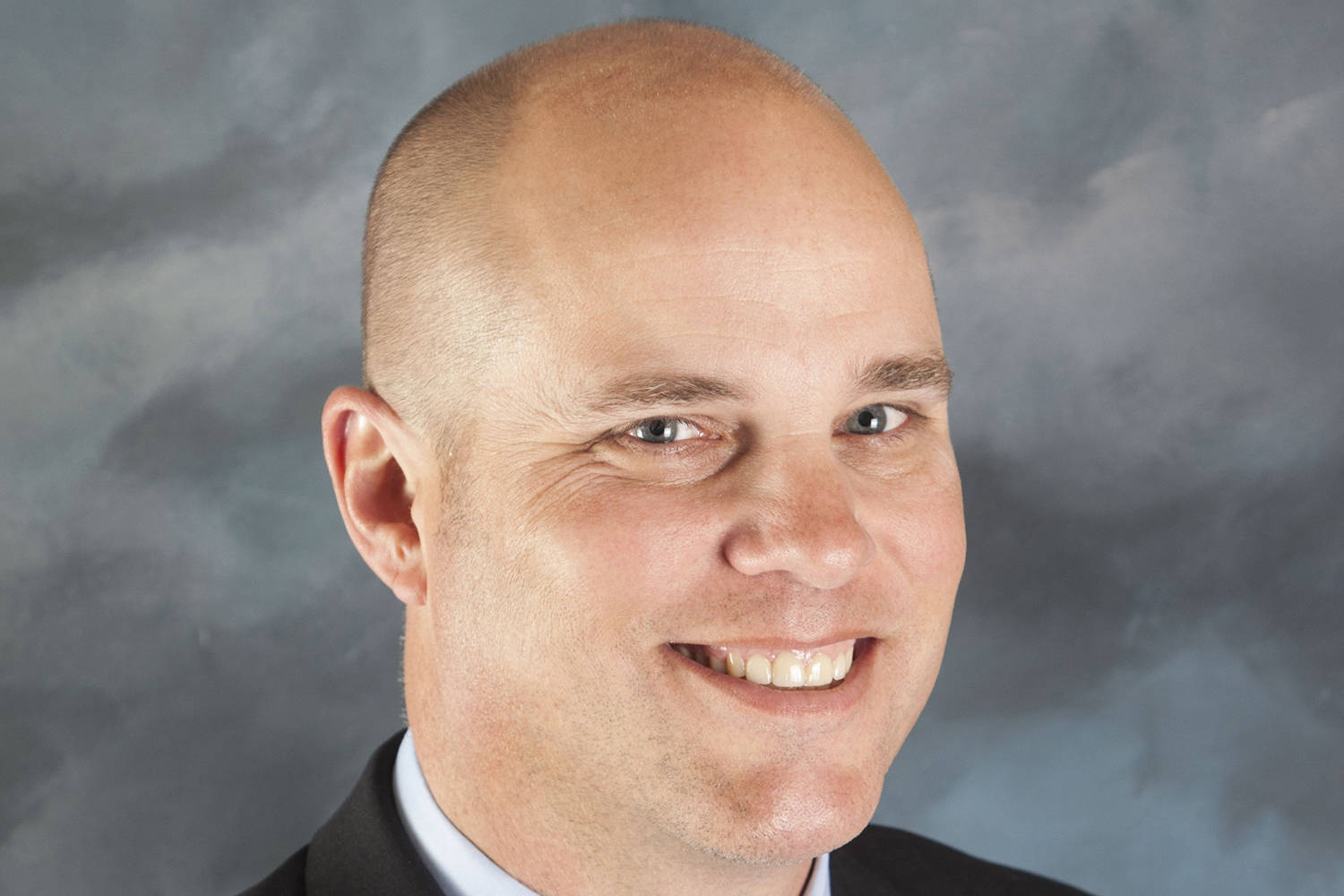We Alaskans are being asked to vote on complex oil tax policy again. Ballot Measure 1 is on the November general election ballot and asks voters to increase oil industry taxes by up to 300% at certain oil prices. That signals bad news for those of us in the refinery business.
At Marathon Petroleum, we work every day to provide the essential fuels and other products that keep Alaska running. We are active in our local communities, and love where we live. We take our job of fueling Alaska’s economy as our solemn responsibility. Ballot Measure 1 will make it harder to do these things.
Our business relies on a consistent supply of North Slope crude. Anything that slows down their production, slows down our production. While we are proud to have met our customers’ needs for more than 50 years, it becomes more difficult and expensive to refine fuels when less crude is locally available. This means higher costs for us and the consumer, resulting in fewer jobs and less opportunity to maintain or grow our operations. For employees both present and future, that’s not helpful.
We need more oil production in Alaska, not less. Not just to meet the needs of our refinery, but to fund state services. If we pass Ballot Measure 1 and hit oil producers with a massive new tax, there is no question they will pull back and shelve promising new exploration and development projects because they no longer make financial sense. The amount of oil flowing through the trans-Alaska pipeline will sink like a stone, and once again, Alaska will struggle to pay the bills. Less oil production means less revenue to spend on critical state services like public safety, education and health care.
Alaskans are smart, informed voters, and the question of what to do with Ballot Measure 1 really comes down to common sense: do we want more oil, or less? More long-term revenue for essential services, or less? Do want to keep our local refinery supplied with Alaska crude, or be forced to import it from Outside? The choice is yours, Alaskans. As for me and my family, we’re voting “no” on Ballot Measure 1.
Cameron Hunt is the general manager of the Marathon Petroleum Kenai Refinery, which produces quality transportation and other fuels for Alaska for over 50 years.
• By Cameron Hunt

